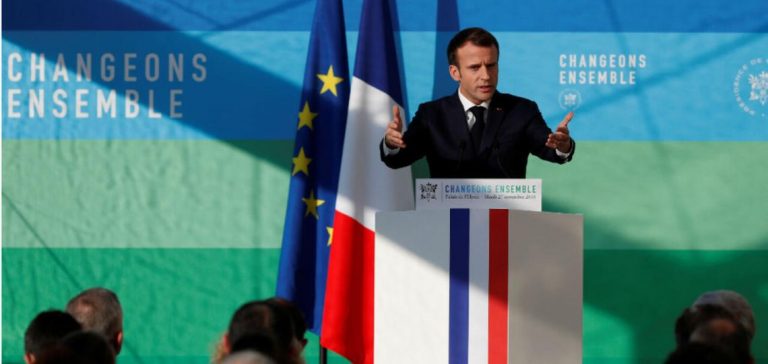The High Council for Climate (HCC), an independent advisory body responsible for evaluating French climate policies, has raised concerns about the reduction of funds allocated to environmental initiatives. According to the organization, recent budget cuts directly impact France’s ability to meet its climate commitments. The government has announced a decrease of 2 billion euros for programs related to ecology, sustainable development, and mobility. Additionally, the reduction of 1.5 billion euros allocated to the Green Fund, a program aimed at supporting local communities in their ecological transition, is also seen as a major obstacle to achieving carbon neutrality by 2050.
Jean-François Soussana, President of the HCC, warns that these credit cancellations create budgetary instability and hinder the visibility of climate actions. He calls for a revision of budgetary policies to strengthen the planning of long-term investments.
Lack of Strategic Stability
The HCC deplores the lack of stability in the government’s strategy. It emphasizes the importance of adopting legislative texts and action plans such as the National Low Carbon Strategy (SNBC), the third National Climate Change Adaptation Plan (PNACC-3), and the Multiannual Energy Program (PPE). The non-adoption of these documents delays decarbonation initiatives and weakens France’s overall efforts to reduce greenhouse gas emissions.
Additionally, the HCC warns of the continued subsidies for fossil fuels, which it sees as a major contradiction in the current strategy. Maintaining these subsidies hampers investments in low-carbon energy production technologies and penalizes the adoption of renewable solutions.
Challenges Related to Natural Carbon Sinks
The budget reductions not only affect direct investments but also impact the management of natural carbon sinks, which are essential for offsetting residual emissions. The HCC estimates that France could exceed its carbon budget by 15 million tonnes of CO2 equivalent for the period 2019-2023 due to the decreased absorption capacity of its forests.
The collapse of the forest carbon sink, linked to extreme climate conditions, further jeopardizes the goal of carbon neutrality. The restoration of these ecosystems is crucial but requires sustained funding and a clear strategic vision. Without this, France’s objectives risk being compromised, despite a recent reduction in gross emissions.
Structural Weaknesses in Key Sectors
Beyond funding issues, the HCC identifies several structural vulnerabilities in energy policies. The pace of renewable energy deployment remains insufficient, as does the agricultural transition, which struggles to integrate low-carbon practices. The low rate of effective building renovations is also highlighted as a major obstacle. These weaknesses hinder the country’s ability to adhere to the climate roadmap set by the SNBC and risk limiting its long-term impact.
Experts emphasize that France must intensify its efforts to build an energy policy that not only responds to budgetary urgencies but also anticipates future challenges. Strengthening private investment capacity and developing new public funding mechanisms are presented as possible solutions to address current deficits.
Financing Perspectives for 2030
To achieve carbon neutrality by 2050, the HCC estimates that France needs to mobilize between 60 and 70 billion euros in additional annual investments by 2030. These funds should be directed towards high-impact projects, including support for the electrification of transport, the development of carbon capture and storage (CCS) technologies, and the acceleration of the modernization of energy infrastructure.
However, the reduction of subsidies for fossil fuels remains a politically sensitive issue, and the HCC calls for a clear decision on this matter. The organization emphasizes the need for a coherent strategy, where every euro spent contributes to the decarbonation of the energy sector.





















